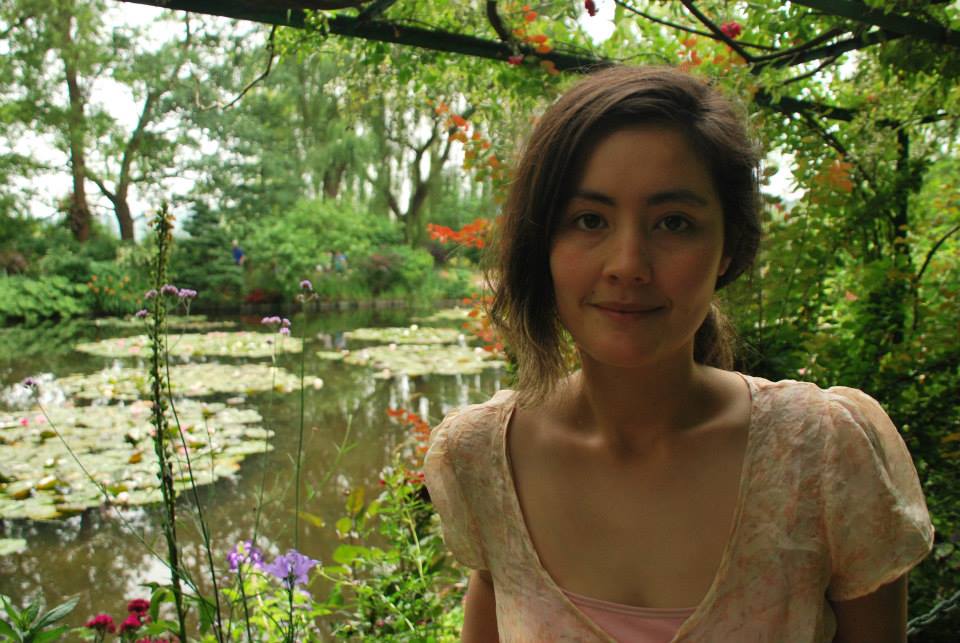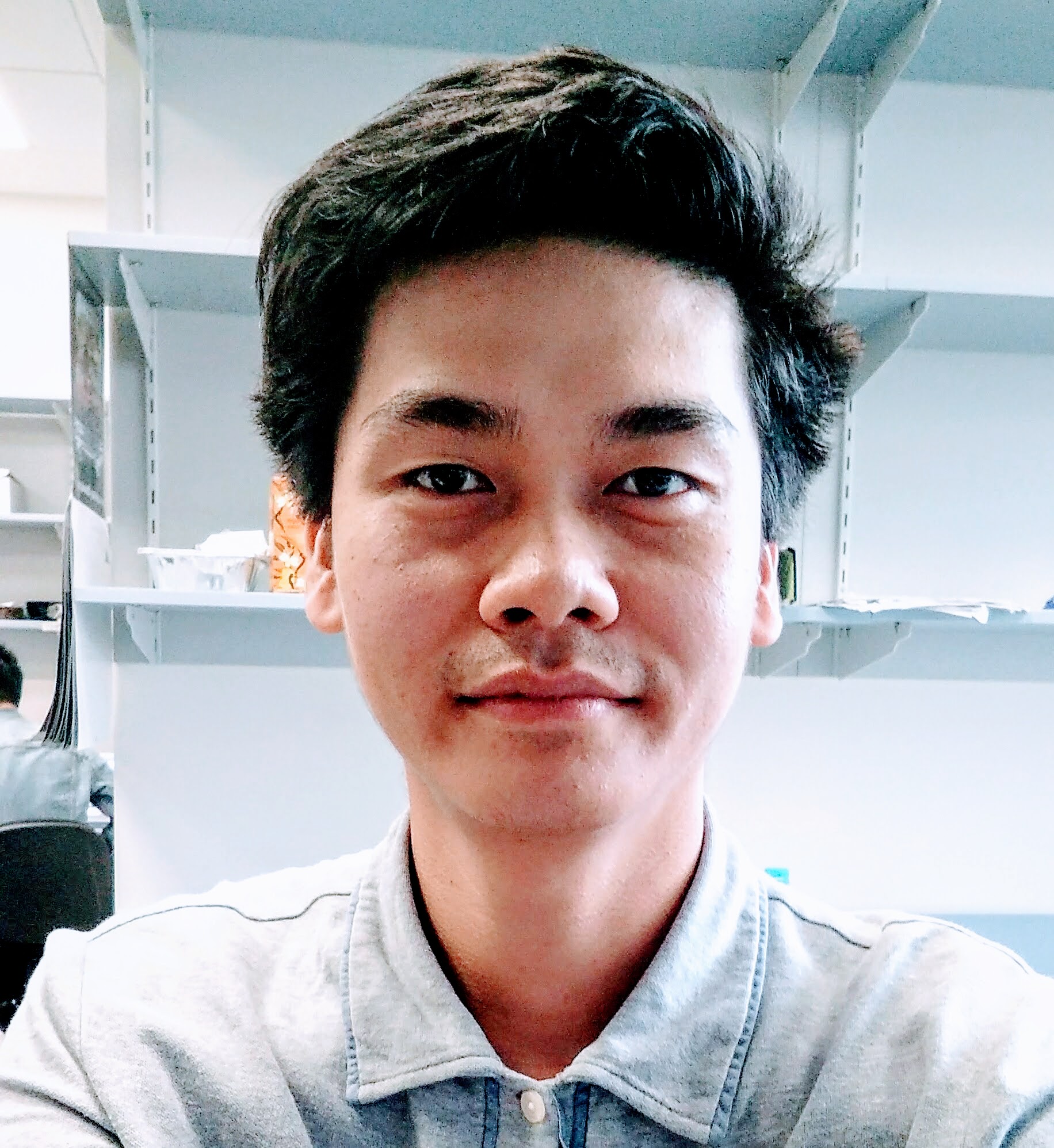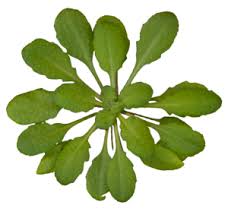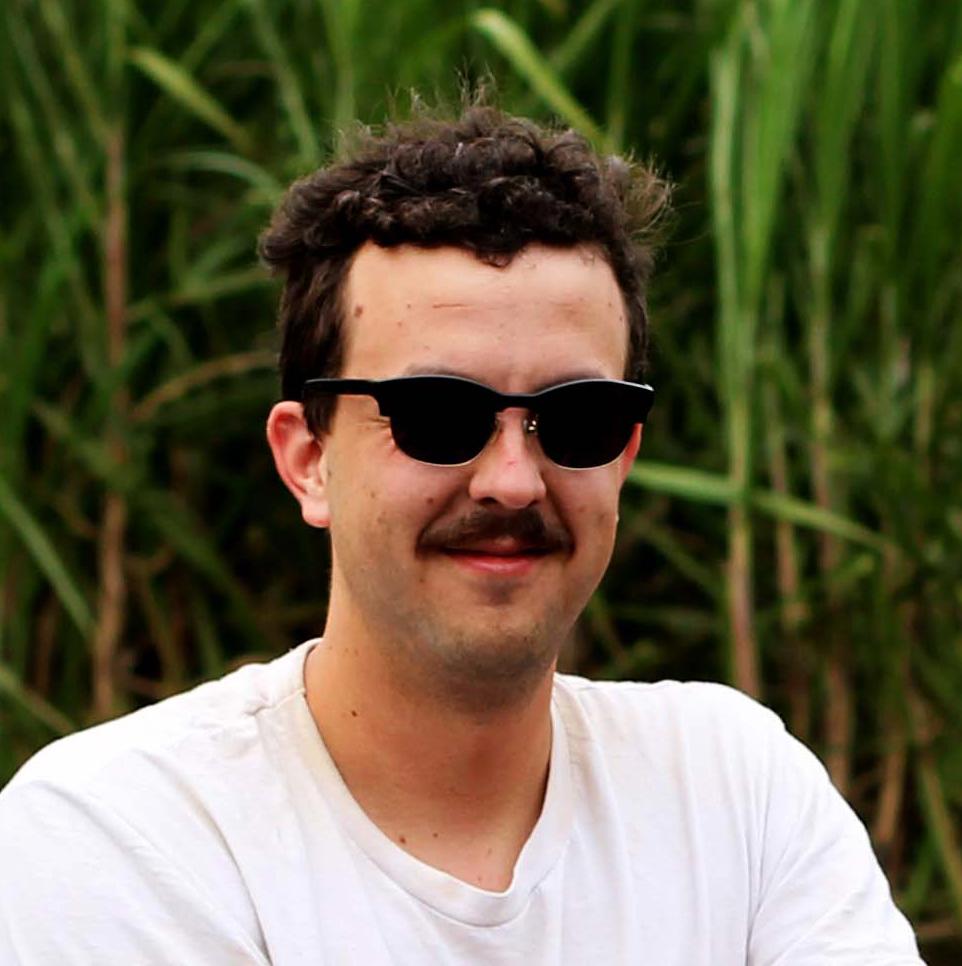The Adaptive Evolution Lab
Research Focus
What is the impact of environmental challenges on the genetic diversity within species?
We combine experimental and computational approaches to study the effect of environmental variation and stress on natural population. We use a range experimental models (Arabidopsis, Drosophila, ryegrass) to test hypotheses related to climate change and pesticide exposure.
-
Genomics of native Australian fruits
Australia is a megadiverse country and hosts a large amount of plants with immense potential benefits for medicine and agriculture. Unfortunately, native fruits have rarely being considered as crops and their potential remains largely untapped. With emerging genome technology, we aim to fill the gap so that native fruits can represent a sustainable alternative to conventional crops.
View project -
Controlling pests and weeds
The emergence of resistance to pesticide is evolution in action. Weed populations in Australia have been particularly good at emerging resistance to all the chemical they have been exposed to, providing a fascinating model for the study of evolution to a well-defined selective agent.
View project -
Climate Change-proof population management
Active population management will be increasingly indispensable to mitigate the effect of human perturbation. However, the perfect management scheme, either to restore or control a species, is yet to be designed. We are interested in using genomics tools to make sure the management goals will be met, retaining a maximum of genetic diversity and climate change-proof.
View project
-
 Emma Barnett, Lab Manager
Emma Barnett, Lab Manager -
 Jeff Paril, Postdoctoral Associate
Jeff Paril, Postdoctoral Associate -
 Tania Zhang, Lab Assistant
Tania Zhang, Lab Assistant -
CURRENT STUDENTS
-
 Ben Camm, PhD candidate
Ben Camm, PhD candidate -
 Andhika Putra, PhD candidate
Andhika Putra, PhD candidate -
 Patrick Gibbs, MSc student
Patrick Gibbs, MSc student -
 Jade Bourenane-Viera, MSc student
Jade Bourenane-Viera, MSc student -
 Tara Jalali, PhD
Tara Jalali, PhD -
 Andrew Migneault (1989-2021), PhD candidate
Andrew Migneault (1989-2021), PhD candidate -
 Ted Velasquez, MSc
Ted Velasquez, MSc -
 Jiashuai Zhu, MSc
Jiashuai Zhu, MSc
STAFF
ALUMNI

- Address
- School of BioSciences, Building 184
The University of Melbourne
Parkville, VIC 3010
Australia - afournier@unimelb.edu.au
- Phone
- +61 3 8344 7258
